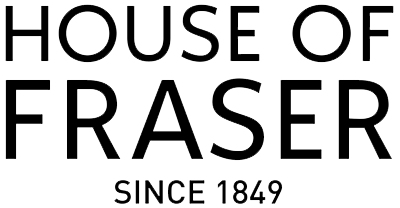After stories of rapid growth and multi-million dollar investments into companies that promised to deliver in as quickly as 10 minutes, all we hear now is how they are going out of business or losing contracts. Aldi ended its relationship with Deliveroo in January after it saw demand fall as people returned to store and after it decided to focus on its own delivery services as does Sainsbury’s and the Co-op.
Now, in the US, Fridge No More, which had gone one further and did not charge a fee, has closed down as has Buyk. DoorDash, a competitor, had been expected to buy Fridge No More, a rumour that set off a stream of editorial suggesting that rapid delivery only works when there is less or ideally no competition. That remains to be seen, meanwhile the market is in consolidation mode.
I’ll get there when I can
These and other companies were also beset by logistical problems, notably traffic which was making it tough for them to commit to their x minute promise, causing some to simply say they would get there as quickly as possible, a commitment anyone can make.
While this might sound like the beginning of the end to the more cynical among us, bear in mind that Getir is just about to raise $800m in funding (assuming it can replace funds that were to come from Russia) which would value it at nearly $12 billion, not bad for a company with virtually no assets and certainly no unique proposition.
Too many identical USPs
This lack of uniqueness inevitably leads to speculation that this market may simply not work unless it can find a USP. One part of this market made sense but it was the part that never happened – the delivery companies would own the customer data instead of the retailer so they could then add services and make a profit. However, that could only come after they had built a solid business on core business. Looks like that will not happen. For now.
Those with longer memories will remember that this has happened before to exactly this market. Kozmo was one such casualty in the dot.com era. Now may also be the time to say that the prospects for companies drunk on venture capital will always struggle to build a solid business because they can spend themselves senseless in all sorts of areas that do not actually build the business. Sometimes, the marketing of the thing is bigger than the thing itself.



















